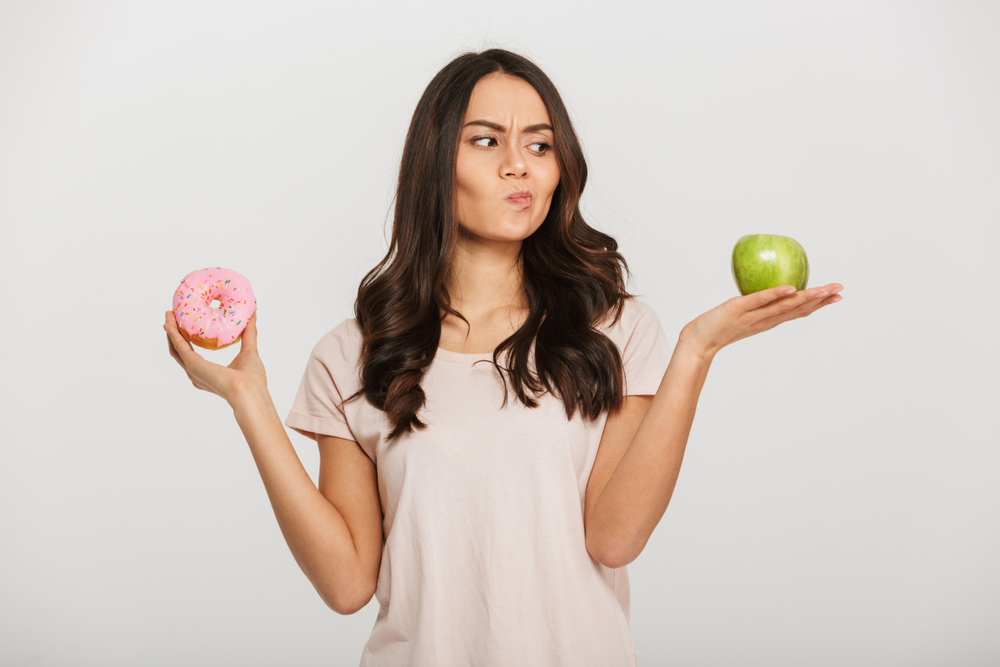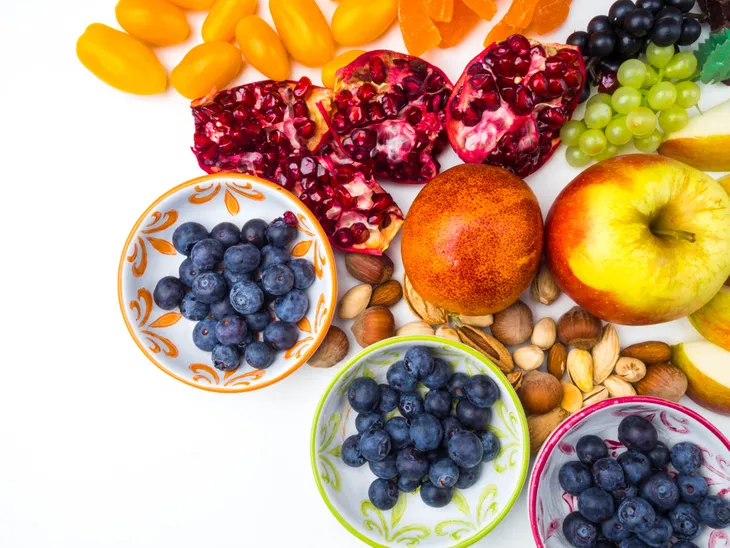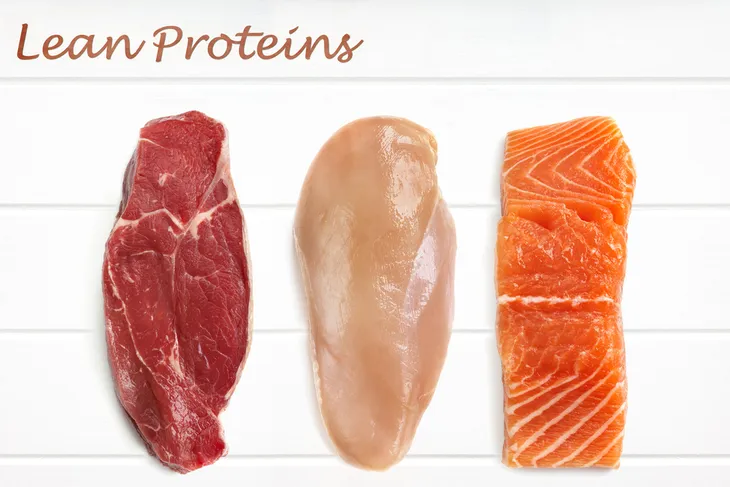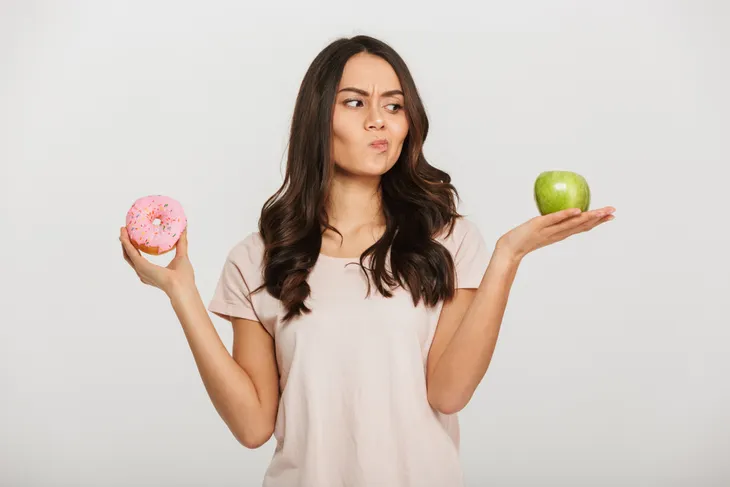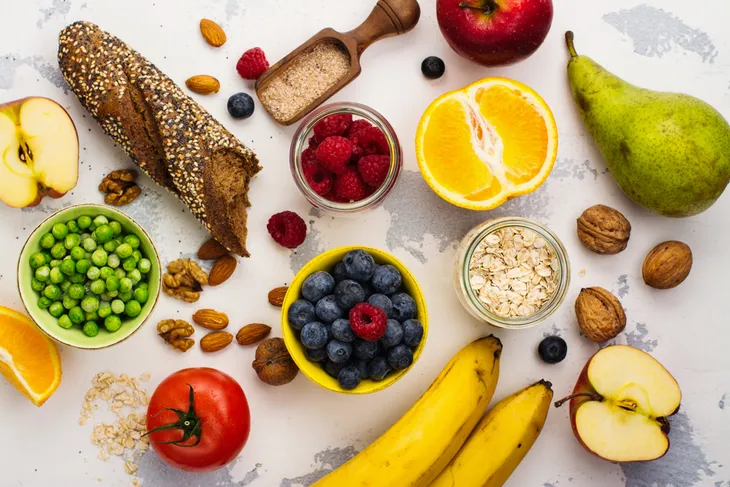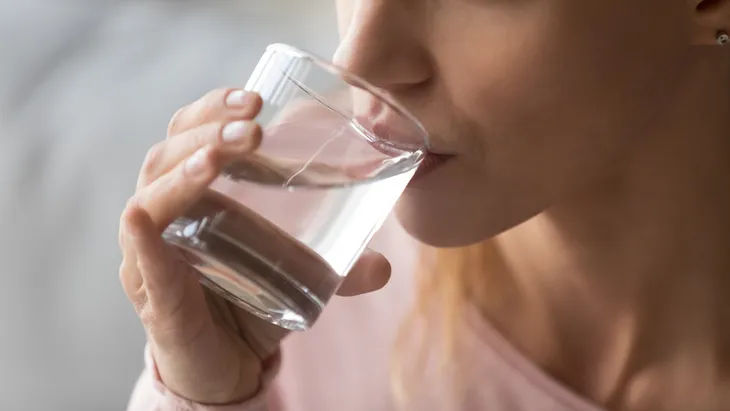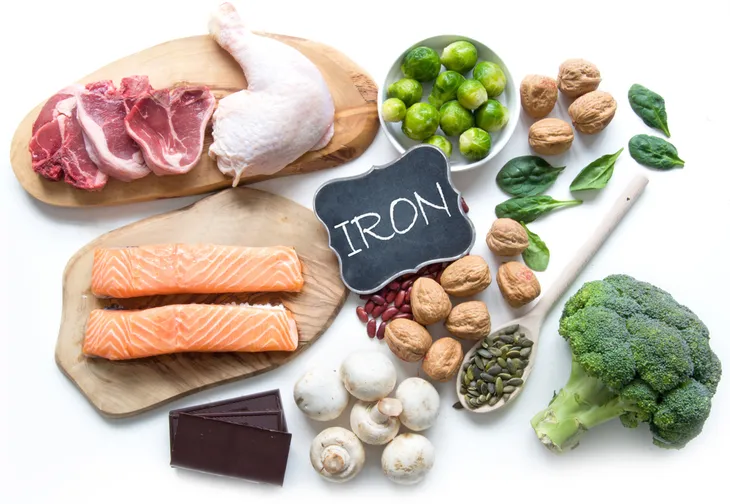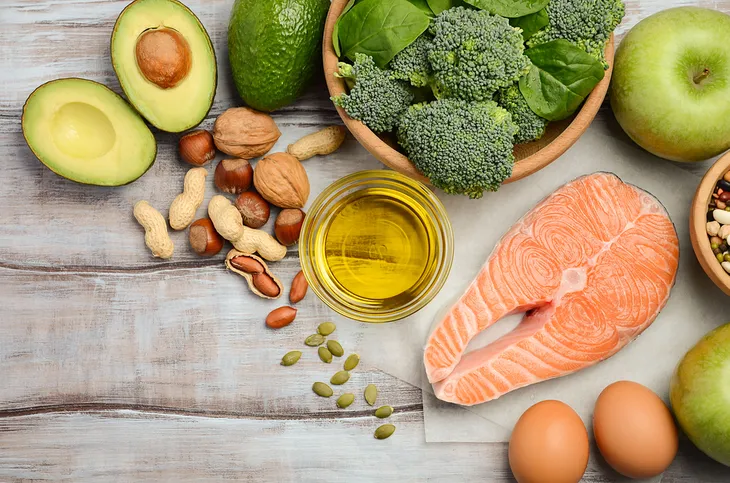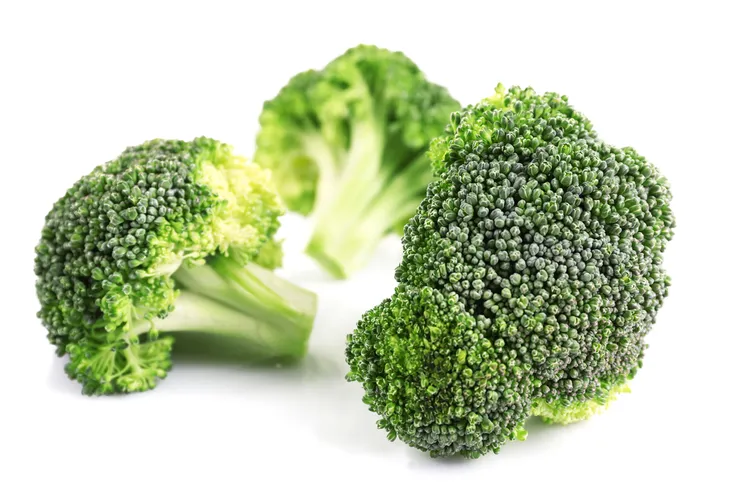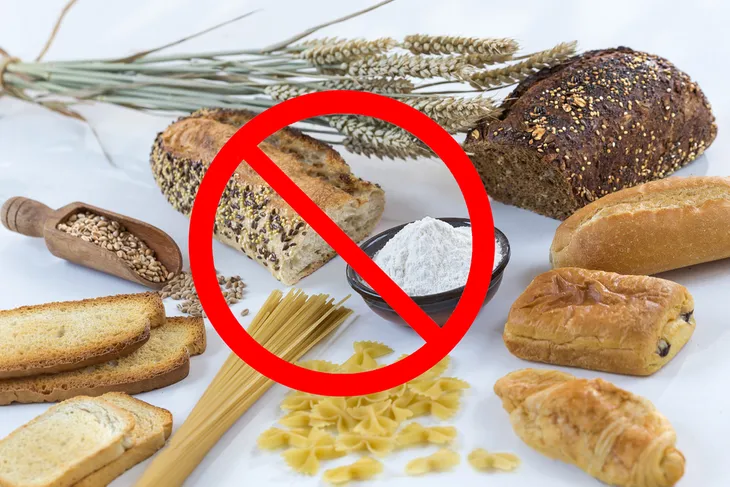Endometriosis is a painful, chronic condition that develops when tissue (usually the endometrium or uterine lining) grows outside the uterus, spreading to areas like the outer uterus surface, the ovaries, fallopian tubes, pelvic cavity, cervix, vulva, bladder, bowel, the area between the vagina and rectum, or into surgical scars in the abdomen. According to the Endometriosis Association, this painful condition plagues over 6-million women and girls in the U.S. and roughly 1-million females in Canada.
British Nutritionist; author of the book, Endometriosis: A Key to Healing and Fertility through Nutrition; and Director of England’s Endometriosis and Fertility Clinic, Dian Shepperson Mills, is credited with establishing the bulk of research on the endometriosis diet. According to Shepperson Mills’ research, 20,000 women have tested the endometriosis diet and report improvements in the rate of internal inflammation as well as decreased pain. Here are the recommended diet tips for women with endometriosis…
Antioxidant-Rich Foods
Many scientists link oxidative stress with endometriosis, including, Shepperson Mills. And we all know that antioxidants fight the damage of oxidative stress as well as prevent the formation of free radicals, which cause DNA damage and increase the risk of cancer.
So in addition to butting out (if you smoke) or reducing your exposure to environmental pollutants, you can ease the inflammation associated with endometriosis by increasing the antioxidant-rich foods in your diet. Look to fresh fruits and vegetables rich in key antioxidant (i.e., vitamin C, selenium, vitamins A, and E) such as blackberries, cranberries, blueberries, artichokes, beans, and Russet potatoes.
Lean Proteins
Research from the University of Maryland Medical Center recommends patients with endometriosis stick to lean sources of protein—including nuts, seeds, and beans, as well as low-fat dairy, and lean cuts of meat, cold-water fish, and tofu.
Scientists pinpoint red meat (i.e., ham, beef, and other red meats) as a potential “trouble food” for women with endometriosis because consuming too much can result in imbalanced hormone levels. Endometriosis is linked to increased estrogen levels, so chewing on good quality, lean sources of protein as much as possible will decrease estrogen cell production.
Avoid Fatty Foods
When it comes to food shopping, doctors agree that fresh is best. That might mean curbing your cravings for highly processed, fatty snack foods, as well as red meat and deep-fried foods.
Shepperson Mills points out that dioxins—a type of estrogen pesticide found in both fatty foods and the environment—have been associated with increased estrogen and endometriosis pain. In addition, experts from the University of Maryland Medical Center suggest cooking foods in healthier fat oils (i.e., coconut and olive oils).
Fibrous Foods
Fibrous foods—including whole grains, legumes, nuts, seeds, and fresh fruits and vegetables—promote a healthy intestinal system. In addition, research from the Physicians Committee for Responsible Medicine (PCRM), claims that fiber can also work to control and excrete excess estrogen.
We know that women who consume fiber-rich foods while menstruating, experience less abdominal gas pain and reduced bloating due to less estrogen within the body. A study from PCRM shows that women who eat fiber daily (about 2 to 3 servings), prevent their risk of endometriosis by up to 70-percent.
Lots of Water
Reaching for water to quench your thirst is an excellent way to combat endometriosis pain. Studies show that women with good water intake (between 6 to 8 glasses of water each day) can improve endometriosis pain and improve the chances of fertility.
On the flipside, research from the Harvard School of Public Health links alcohol drinking to a higher rate of endometriosis. Findings claim that consuming excess caffeine, soda, other beverages containing refined sugars, and alcohol will double a woman’s chances of developing endometriosis.
Iron-Loaded Foods
Doctors tell us that women with endometriosis can experience painful periods and heavy bleeding, which means a risk of iron deficiency. Iron from food comes in 2 distinct forms—plant-based non-heme iron and protein-based heme iron, which comes from fish and meat.
According to Shepperson Mills, due to the fact that too much red meat can cause increased estrogen and endometriosis pain—she recommends incorporating meats low in saturated and trans fats (i.e., fish, shellfish, poultry) as well as lentils, spinach, nuts, tofu, and pumpkin seeds into your diet.
Omega-3 Fatty Acids
Research from the Physicians Committee for Responsible Medicine states that omega-3 fatty acids are vital for the endometriosis patient. Why? Because omega-3 rich foods contain a vital lipid compound known as prostaglandins, which works to decrease pain and help the body break down and eradicate endometrial cells.
Key foods rich in omega-3 fatty acids include fermented soy products (i.e., kimchi, tempeh, and tofu), almonds and walnuts, and particularly fish (i.e., herring, tuna, trout, and mackerel).
Vegetables High in Vitamin B
Shepperson Mills states that B vitamins are particularly important for endometriosis patients because they help convert excess estrogen from dangerous (estradiol) to less harmful (estriol), which is secreted by the body with fiber intake.
Foods rich in vitamin B (i.e., broccoli, kale, spouts, cabbage, cauliflower, and radish) will also significantly reduce inflammation while reducing period pain—due to inflamed endometrial patches—as well as period duration.
A Note About Gluten
Many medical experts recognize that gluten as a trigger food for endometriosis pain and inflammation. This is why many doctors suggest a wheat-free diet to reduce endometriosis symptoms.
While further studies are underway to establish a solid link between wheat gluten and endometriosis flare ups—Shepperson Mills suggests excluding wheat from your diet if you suspect it may be an issue. Work with your doctor to eliminate gluten from your diet for a few months as you monitor any changes in pain and inflammation.
